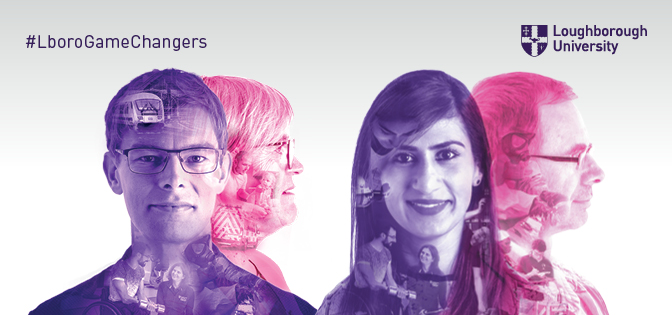The personal data of 87 million of its users had been harvested by Cambridge Analytica, a firm which stands accused of building political profiles of individual people in order to influence elections. It is believed that the information was used to influence voters in the US presidential election and the EU referendum of 2016.
The fine is the biggest ever handed down by the FTC. It certainly sounds like a lot, but it isn’t. Facebook’s Q2 earnings, reported the same week, were a better-than-expected $16.9bn. The fine is the amount of money Facebook makes in 27 days. Facebook investors are relieved. Its share price has risen.
The same week, Brexit Party leader Nigel Farage launched World4Brexit, a US-based fundraising operation aimed at enabling “friends of the UK from around the world” to donate to the ongoing campaign to ensure that the UK leaves the EU. World4Brexit is based in Michigan and is a registered non-profit organisation, which means that it can accept individual donations of up to $5,000 without having to name donors.
The Labour Party has called for an investigation following concerns that the organisation will allow foreign “dark money” to subvert the democratic process. Similar concerns have been raised about the Brexit Party possibly receiving donations through Paypal in ways that don’t comply with UK electoral law.
Even if the Labour Party gets its investigation, nothing much will happen. These two events dramatise a tension between money and politics that is unique to the 21st century...
Phil Parvin, a Senior Lecturer in the University's School of Social Sciences and Humanities, discusses 21st-century lobbying for The Conversation. Read the full article here

